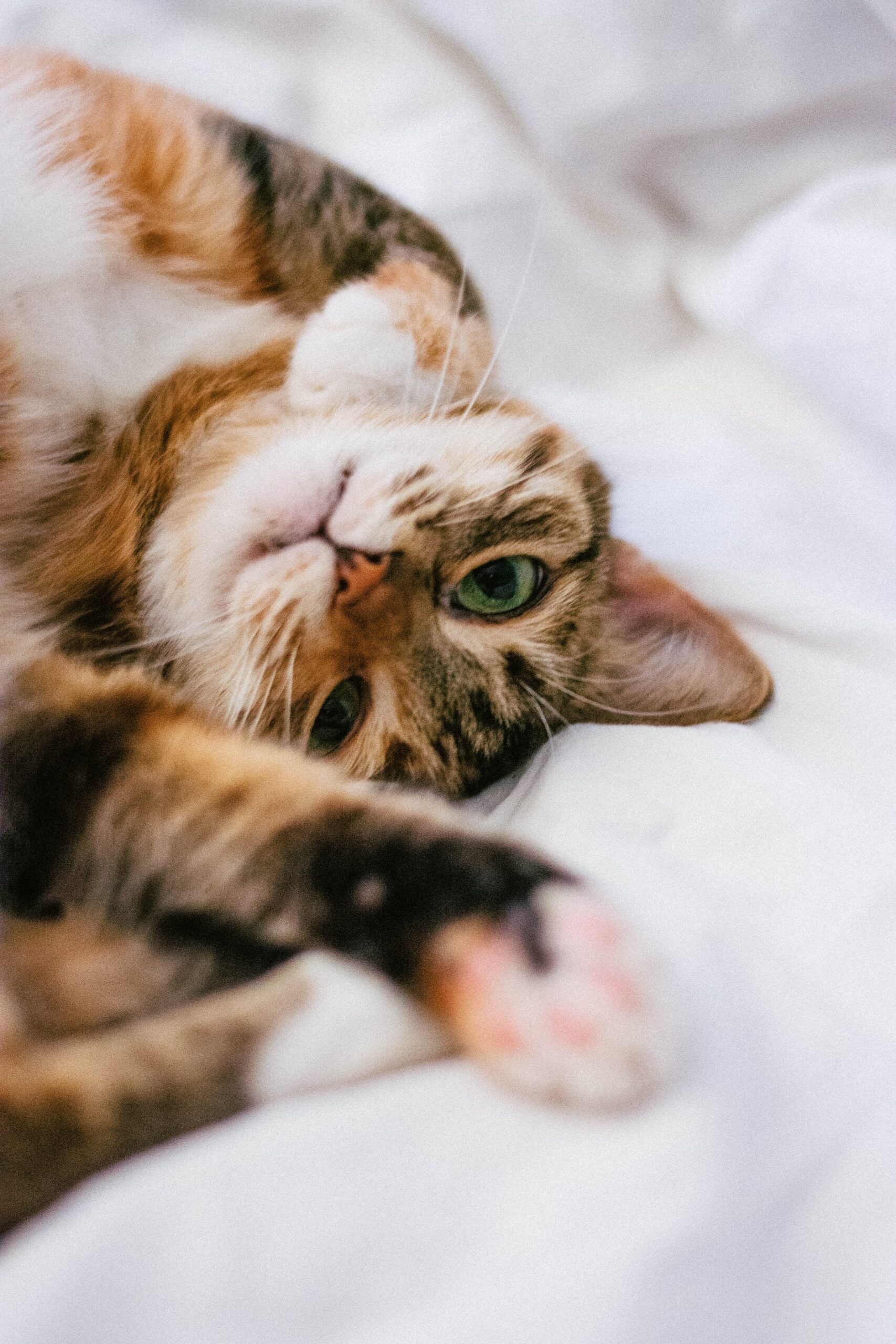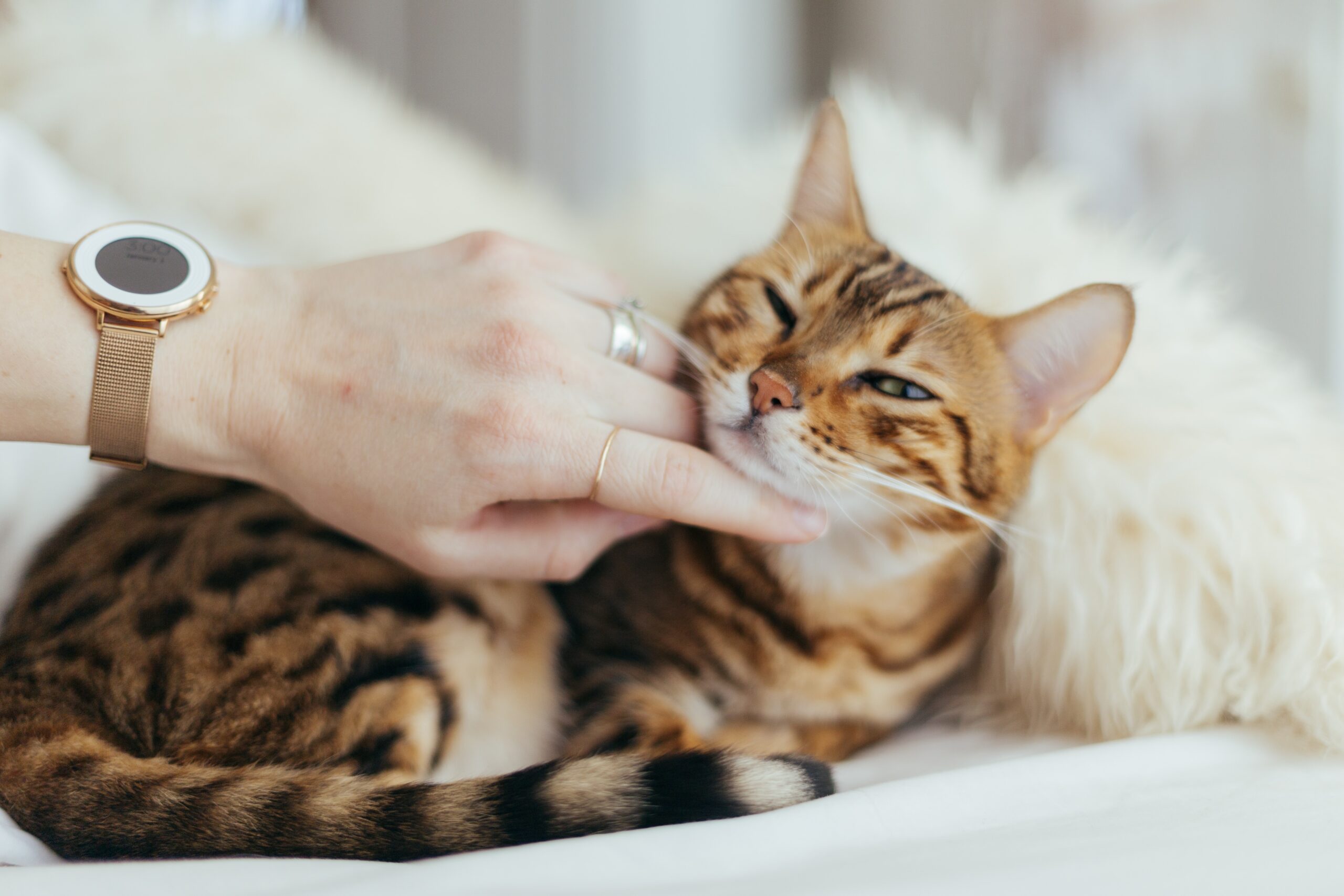Are you a cat owner who wants to ensure the health and well-being of your feline friend? If so, it’s important to be aware of what your cat can and cannot eat. With so many conflicting opinions and information out there, it can be overwhelming to decipher what is safe and what should be avoided. In this article, we’ll explore the dos and don’ts of feline nutrition, helping you make informed choices to keep your furry companion happy and healthy. So let’s dive right in and discover what can cats eat and not eat!
What Can Cats Eat
Meat
Cats are obligate carnivores, which means their bodies are designed to primarily consume meat. It is important to include meat in your cat’s diet as it provides essential nutrients such as protein and amino acids. Cooked meats are safe for cats to eat, as long as they are boneless and free from any seasoning or additives. Some examples of cooked meat that you can offer to your feline friend include chicken, turkey, beef, lamb, and pork.
Fish
Fish is another excellent source of protein and omega-3 fatty acids for cats. Just like with meat, it is recommended to feed your cat cooked fish to avoid potential parasites or harmful bacteria. Cooked salmon, tuna, whitefish, canned sardines, and canned mackerel are all suitable options for your cat’s fishy feast.
Poultry
Poultry is another tasty and nutritious option for your feline companion. Cooked chicken, turkey, and duck can provide essential nutrients, including high-quality protein, for your cat. As with any other cooked meat, it is crucial to remove the skin, bones, and seasonings before offering it to your feline friend.
Eggs
Eggs can be a great addition to your cat’s diet, as they are a good source of protein and provide various vitamins and minerals. It is important to cook the eggs thoroughly to avoid any risk of salmonella. Cooked eggs or raw egg yolks can be given to your cat as a special treat, mixed into their regular food, or used as a topper.
Dairy Products
While cats are known to love the taste of milk, it is important to note that adult cats are often lactose intolerant and cannot properly digest dairy products. However, small amounts of certain dairy products can be safely offered to cats. Plain yogurt, cottage cheese, and small amounts of cheese can provide some nutritional benefits without causing digestive issues.
Fruits
Offering your cat fruits as occasional treats can provide them with additional nutrients and offer a flavorful change to their palate. Some cat-friendly fruits include bananas, blueberries, strawberries, watermelon, and cantaloupe. Remember to remove any seeds or pits and offer the fruits in small, bite-sized pieces.
Vegetables
Although cats are obligate carnivores, some vegetables can be a valuable addition to their diet. Vegetables like carrots, green beans, peas, pumpkin, and zucchini offer essential vitamins, minerals, and fiber. It is best to cook the vegetables before feeding them to your cat, as this makes them easier to digest and ensures they receive the full nutritional benefits.
Grains
While cats do not require grains in their diet, some cats may tolerate and even enjoy small amounts of certain cooked grains. Cooked rice, oatmeal, quinoa, and pasta can be offered as an occasional addition to your cat’s meals. However, it is crucial to remember that grains should not become the main component of their diet.
Cat Treats
Cat treats are specially formulated to meet the nutritional needs of our feline friends while also offering them a tasty reward. There are a wide variety of commercial cat treats available in the market, catering to different preferences and dietary requirements. When selecting treats for your cat, be sure to choose ones that are specifically designed for cats and avoid those that contain excessive fillers or artificial additives.
Commercial Cat Food
Commercial cat food is specifically formulated to provide cats with a well-balanced diet that meets all their nutritional needs. It is recommended to feed your cat high-quality, commercially available cat food that is appropriate for their age and health condition. Look for cat food that lists real meat as the primary ingredient and avoids artificial additives or fillers. Consult with your veterinarian to determine the best commercial cat food option for your furry friend.

This image is property of images.unsplash.com.
What Cats Cannot Eat
While it is essential to know what cats can eat, it is equally important to be aware of the foods that can be toxic or harmful to them. Here are some foods that you should never offer to your cat:
Onions and Garlic
Onions and garlic, whether raw, cooked, or in powdered form, should always be kept away from cats. They contain substances that can damage their red blood cells and lead to anemia. Even small amounts of onion or garlic can be toxic to cats, so it is crucial to be vigilant and avoid feeding them any foods that contain these ingredients.
Chocolate
Chocolate contains theobromine, a substance that is toxic to cats and can cause symptoms such as increased heart rate, tremors, vomiting, diarrhea, and even seizures. It is important to keep all forms of chocolate, including cocoa powder and baking chocolate, out of your cat’s reach.
Caffeine
Caffeine is a stimulant found in coffee, tea, energy drinks, and certain medications. Cats are extremely sensitive to the effects of caffeine, and even small amounts can cause rapid breathing, heart palpitations, restlessness, and in severe cases, seizures. It is best to keep caffeinated products away from your cat to prevent any potential harm.
Grapes and Raisins
Grapes and raisins can be highly toxic to cats, even in small quantities. Consumption of these fruits can lead to kidney failure and other serious health issues. Make sure to keep grapes and raisins out of your cat’s reach and avoid giving them any foods that contain these ingredients.
Alcohol
Alcohol is toxic to cats and can cause severe damage to their liver and brain. Even small amounts of alcohol can lead to poisoning and potentially be fatal for cats. It is imperative to keep all alcoholic beverages and foods containing alcohol away from your furry friend.
Raw Fish
While cooked fish is safe for cats to consume, raw fish can pose several risks. Raw fish may contain parasites, bacteria, or harmful enzymes that can cause gastrointestinal issues or even pancreatitis in cats. It is best to stick to cooked fish to ensure the safety and well-being of your feline companion.
Raw Eggs
Raw eggs, just like raw fish, can contain bacteria such as salmonella, which can lead to digestive upset or infections in cats. Cooked eggs, on the other hand, can be safely given to cats as long as they are fully cooked and free from any seasonings or additives.
Milk and Dairy Products
Contrary to popular belief, most adult cats are lactose intolerant and cannot properly digest milk and other dairy products. Feeding your cat milk or dairy can result in digestive upset, including diarrhea and stomach discomfort. While small amounts of certain dairy products like plain yogurt or cheese may be tolerated by some cats, it is best to avoid feeding them milk or other dairy items.
Bones
Bones, especially cooked bones, can splinter and cause serious injuries to a cat’s digestive tract. It is crucial to always remove bones from any meat or fish before feeding them to your cat. Additionally, avoid offering your cat bones as a treat or giving them access to bones when consuming your own meals.
Dog Food
Cats have different nutritional requirements compared to dogs, and while the occasional nibble of dog food may not cause immediate harm, it should not be a regular part of their diet. Dog food lacks certain essential nutrients that are specifically tailored to meet a cat’s needs. Ensure that your cat has access to nutritionally balanced cat food and avoid relying on dog food as their primary source of sustenance.
Remember, when it comes to your cat’s diet, it is always best to consult with your veterinarian. They can provide personalized advice based on your cat’s age, health condition, and dietary needs. By offering a balanced and appropriate diet, you can ensure that your beloved feline friend stays happy, healthy, and purring with contentment.

This image is property of images.unsplash.com.

